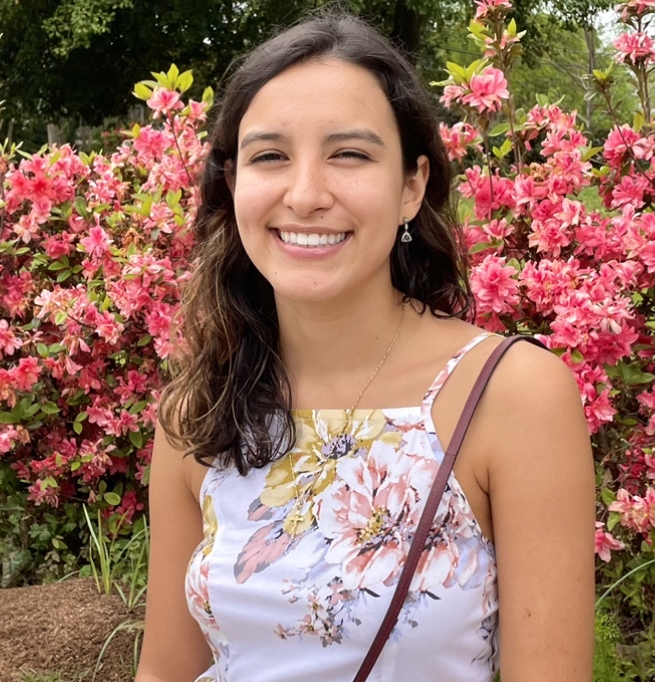Describe the steps you took to obtain your experiential learning opportunity.
I knew I was going to spend the summer in my hometown of Melbourne, Florida, so I considered internships in the local area. I knew the local technical university, Florida Institute of Technology, has a very good machine learning program.
How far in advance did you prepare and begin applying for your experiential learning opportunity?
Before my research internship, I utilized online courses on machine learning and books about coding and mathematics. On my first day at the lab, I was introduced to the members and given a brief introduction to what problems they are solving with machine learning. At first, I was overwhelmed with the amount of information and specific strategies the lab was applying to this problem. However, I asked for clarification from my supervisor and he was more than happy to provide helpful resources on the coding language and algorithms being used in the lab.
Describe some of your responsibilities or duties during your experiential learning opportunity, and what a typical day was like "on the job".
My responsibilities during my research internship include: training a machine learning model on acoustic data to an accuracy of 90% or higher, labeling label audio files into the correct folder, and searching for research papers that contain PyTorch code and environmental sound characteristics. In our lab, it is necessary to "teach the machine" (train a machine learning [ML] algorithm) how to identify individual sounds to a certain accuracy. This task coincides with labeling audio files of different sounds. Once the audio files are labeled, they are uploaded to Amazon Web Services (AWS). From there, our ML code has access to these data and can learn how to characterize each sound file. With this task, it is crucial to have equal amounts of audio files so that the training is balanced. Finally, finding other similar research projects is useful to recognize if there are other ways to construct our code and make it more efficient.
I like to start each day by going over my schedule to make sure I finish any incomplete work from the previous day. Then, I usually organize my notes. Some days, there are meetings with my supervisors on what assignments I have done and what I should be working on in the future or other meetings with team members. I like to make sure my notes are concise so that I give my fullest, clearest, attention to get my message across to the team and answer any questions they may have. After that, I usually spend any remaining free time before lunch labeling audio files. In the afternoon, after I have many audio files uploaded, I perform the training for the machine learning algorithm. I then make sure the models are uploaded. Before I leave, I double-check to confirm I didn’t forget to document my work or write myself a note on any unfinished tasks.
What are some major takeaways from your experience? How will these help prepare you for the next step after graduation?
The most important takeaway from this experience was being in a working environment and learning the responsibilities that come with having a job. Although it is somewhat similar to turning in assignments at school, there is another level of obligations of working with a team requires of you that cannot be taught in a class. This experience has taught me that you are never alone in solving a problem, even in the workplace, there are coworkers more than happy to answer your questions.
Did this experience help clarify your career path? If yes, how so?
This experience enlightened me to the many opportunities in which machine learning can be utilized in our world. Each day, I learned countless examples of how machine learning, a very broad field of study, is changing drastically. This lab gave me ideas of my own on how to spread machine learning into other fields of study. Even though I am a statistics major, I have the option to apply machine learning to problems from statistics and other areas of study I am interested in.

Alesandra Wiechecki Vergara
"This experience has taught me that you are never alone in solving a problem, even in the workplace, there are coworkers more than happy to answer your questions."
Major: Statistics
Minor: Mathematics
Anticipated graduation: May 2023
Internship: Florida Institute of Technology Center for Advanced Data Analytics and Systems (CADAS)
LinkedIn Profile

